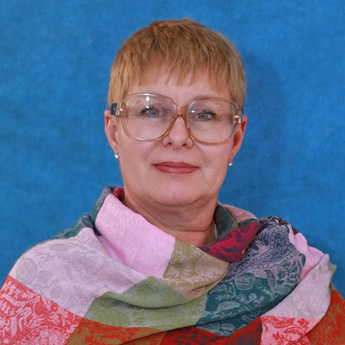

Discipline/Courses: Music, MUL 1010 and 2380
Campus: West
UN SDGs related to your work: Goal 16, 5 and 10 are illustrated through my classes, others are addressed through topics brought to the fore by students in the Dialogues for Democracy Club. Essence Words (words that describe your strengths or passions or who you are): justice, equal opportunity, value creation, respect for all life.
As a faulty, what does changemaking mean to you? How do you define what changemaking education is to a faculty peer who's never heard the term?
To me, if education is done right, then all education is changemaking. The purpose of education, to me, is to allow both the educator and the student to be "students". WE have to understand that if changemaking is done right, both instructor and student will grow and experience change. The purpose of all education should be to reduce inequality and to provide people with the tools they need to move forward in their life in a way that creates value for them and for the world as a whole. This is the goal of most educators.
Why do you consider yourself a changemaker faculty? What issues are at the center of your changemaking work?
The club for which I am an advisor, Dialogues for Democracy, is the vehicle through which the majority of my changemaking work takes place. The central issues for the club are fairness, equal voices, being able to reach across political or social boundaries and learn from each other. The students bring the topics, and it is our job (myself and Professor Thania Rios) to assist them in finding ways to communicate within the club and also within the community at large, in ways that are respectful of the humanity of the people that they engage with, while still allowing them to express themselves and be heard.
Why do you consider yourself a changemaker faculty? What issues are at the center of your changemaking work?
The club for which I am an advisor, Dialogues for Democracy, is the vehicle through which the majority of my changemaking work takes place. The central issues for the club are fairness, equal voices, being able to reach across political or social boundaries and learn from each other. The students bring the topics, and it is our job (myself and Professor Thania Rios) to assist them in finding ways to communicate within the club and also within the community at large, in ways that are respectful of the humanity of the people that they engage with, while still allowing them to express themselves and be heard.
To be a changemaker, it is important to listen.
What would you tell a faculty peer who would like to consider enhancing their teaching with a changemaking lens?
They are probably already doing it, they just didn't know it!